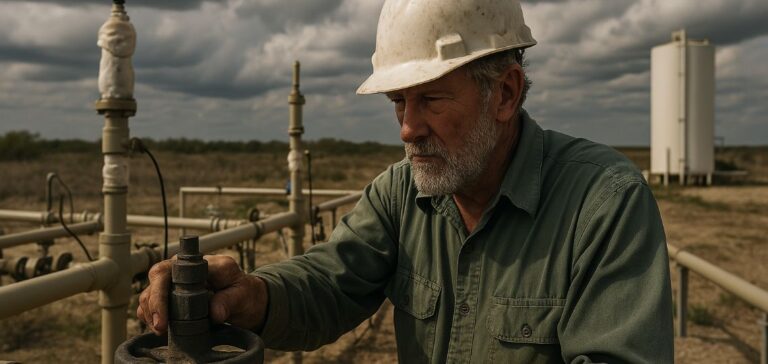enCore Energy Corporation announced a substantial increase in uranium production at its Alta Mesa In-Situ Recovery (ISR) Central Processing Plant in Texas. According to the company, 50,000 pounds of triuranium octoxide (U3O8) were extracted over a 26-day period in March, marking the most productive month since operations commenced in June 2024. This growth follows a series of operational enhancements announced in March, aimed at lowering costs, increasing efficiency, and meeting the company’s contractual commitments for 2025.
Operational optimisation and 2025 objectives
The company, which maintains a healthy treasury of approximately $40mn in unencumbered cash, inventory and marketable securities, continues to reinforce its Alta Mesa facilities while expanding its wellfield development programme. These efforts are designed to meet current-year contractual targets. The development of the Rosita site, also based in Texas, is receiving similar organisational support.
Leadership changes in operations
Alongside these results, enCore Energy appointed Rob Willette, current Acting Chief Executive Officer (A/CEO), to its Board of Directors. Willette, formerly the company’s Chief Legal Officer, will hold the seat dedicated to the CEO role until a permanent appointment is made. Additionally, Daniel Calderon has been promoted to Director of Texas Operations. He will oversee daily activities at both the Alta Mesa and Rosita sites.
Technical and strategic support
William M. Sheriff, Executive Chairman of enCore Energy, highlighted the role of the technical staff in improving site performance. He also recognised the ongoing contributions of board members Dennis Stover and Mark Pelizza, who bring decades of experience in ISR operations. Their work has helped accelerate state-level permitting processes.
The company is pursuing a strategy to consolidate its uranium assets in the United States amid rising domestic energy demands.






















